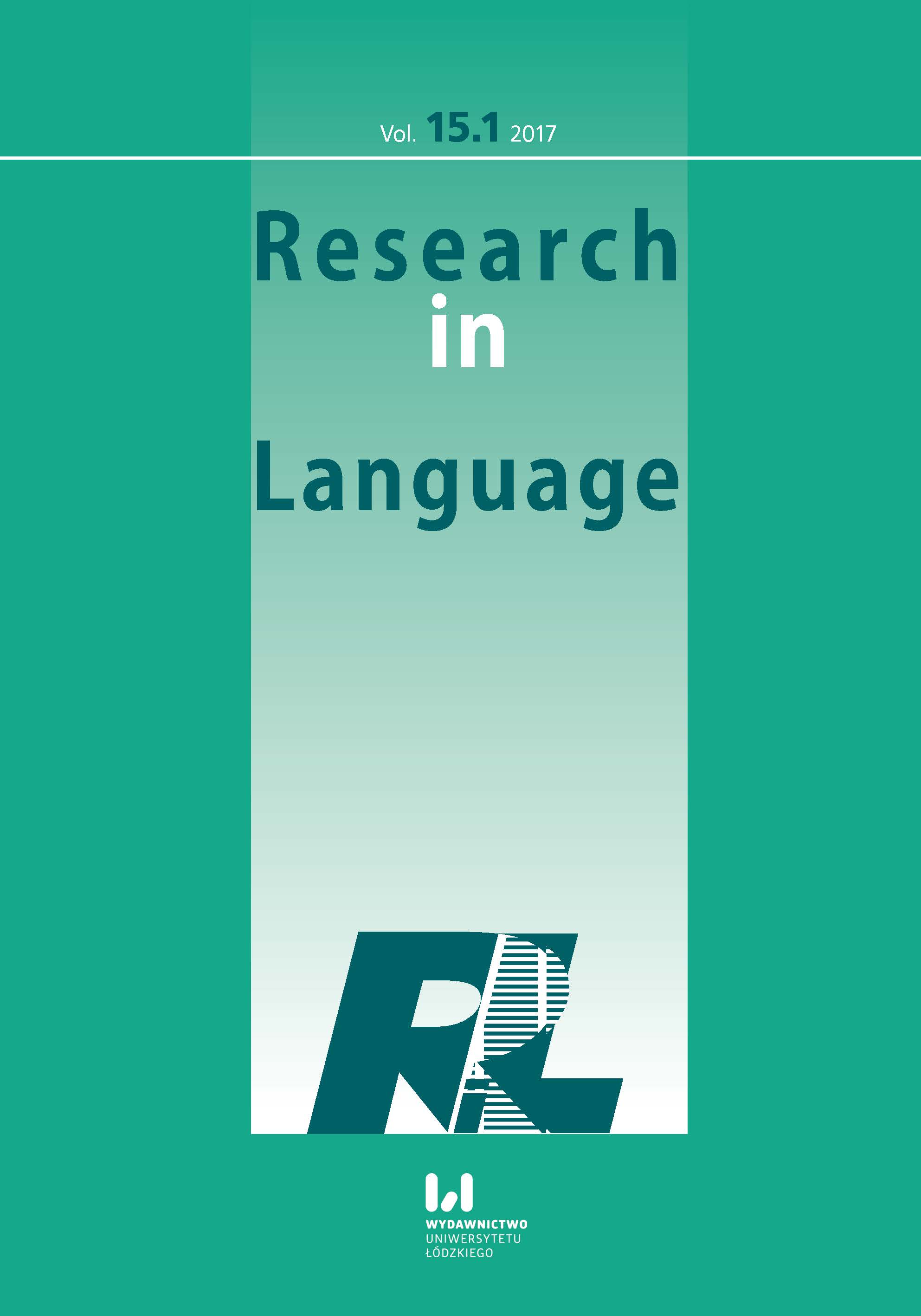The Treatment of Geographical Dialect in Literary Translation from the Perspective of Relevance Theory
The Treatment of Geographical Dialect in Literary Translation from the Perspective of Relevance Theory
Author(s): Izabela SzymańskaSubject(s): Language studies, Theoretical Linguistics
Published by: Wydawnictwo Uniwersytetu Łódzkiego
Keywords: cognitive environment; communicative clue; dialect translation; processing effort; The Secret Garden; translation strategy
Summary/Abstract: This paper discusses problems involved in the translation of literary works that apply linguistic varieties, especially geographical dialects. It surveys selected approaches to the functions of dialects in literature and to the strategies of dealing with linguistic variation in translation, arguing that the understanding of the issue may be deepened and systematized by applying notions drawn from relevance theory. The use of dialect in literary texts is interpreted as a communicative clue and the translators’ approach to its rendering is described with reference to the cognitive environment of the recipients and the balance of processing effort and communicative gain. Examples are drawn from the Polish translations of The Secret Garden by F.H. Burnett, the oldest coming from 1917 and the newest from 2012, which highlight the translators’ changing assumptions on the recipients’ cognitive environment reflected in the choice of the strategy of dialect rendition.
Journal: Research in Language (RiL)
- Issue Year: 15/2017
- Issue No: 1
- Page Range: 61-77
- Page Count: 17
- Language: English

